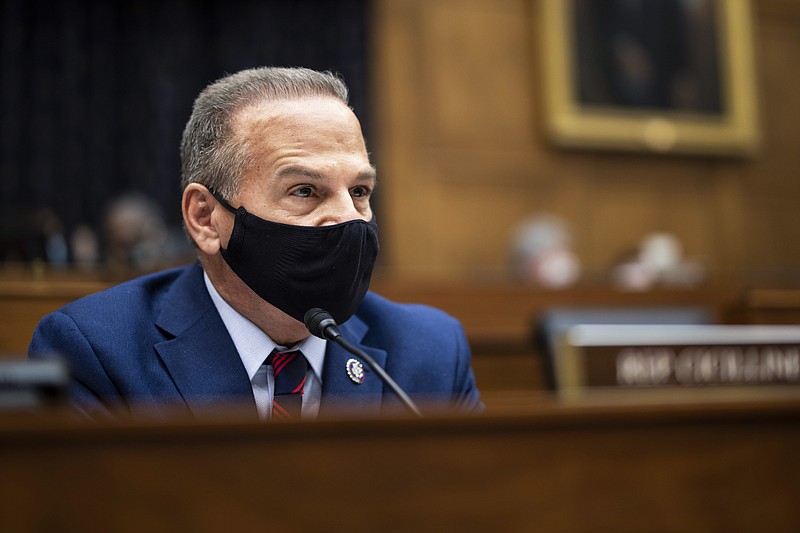A congressional effort to bolster U.S. news organizations in negotiations with big technology companies has supporters hoping that the third time's the charm.
The bill, the Journalism Competition and Preservation Act, was introduced in March for the third time since 2018. Its odds of passage may have improved in a Democrat-run Congress that's working on overhauling antitrust laws.
Australia and other countries have started pushing mechanisms to support news publishers against Facebook and Google, which dominate online advertising. Publishers argue that big technology companies squeeze news organizations out of digital ad revenue and exert undue control over who can see news content.
The bill would offer a four-year antitrust exemption to publishers so they could negotiate as a group with "dominant online platforms."
Facebook and Google get the majority of online ad dollars in the U.S. The measure aims to give publishers better leverage with the tech companies while allowing only coordination that benefits the news industry as a whole, amid a long-running decline in local news.
Rep. David Cicilline, a Rhode Island Democrat and one of the bill's sponsors, said in remarks for a hearing earlier this month that the legislation would provide news publishers an "even playing field" to negotiate deals with major tech platforms. The news industry is struggling with falling revenue, shrinking newsrooms and failing publications -- which Cicilline and others call a threat to democracy -- while Google and Facebook rack up billions of dollars in profits.
"This bill is a life-support measure, not the answer for ensuring the long-term health of the news industry," Cicilline said.
The News Guild, a union that represents journalists, says the bill would work best with additional provisions to support jobs. The group has long objected to media consolidation and criticizes many publishers for impeding unionization and slashing newsroom jobs, particularly at chains owned by hedge funds and private equity firms.
Microsoft, whose president testified during the hearing, supports the bill. Google and Facebook on Friday declined to comment on the legislation.
